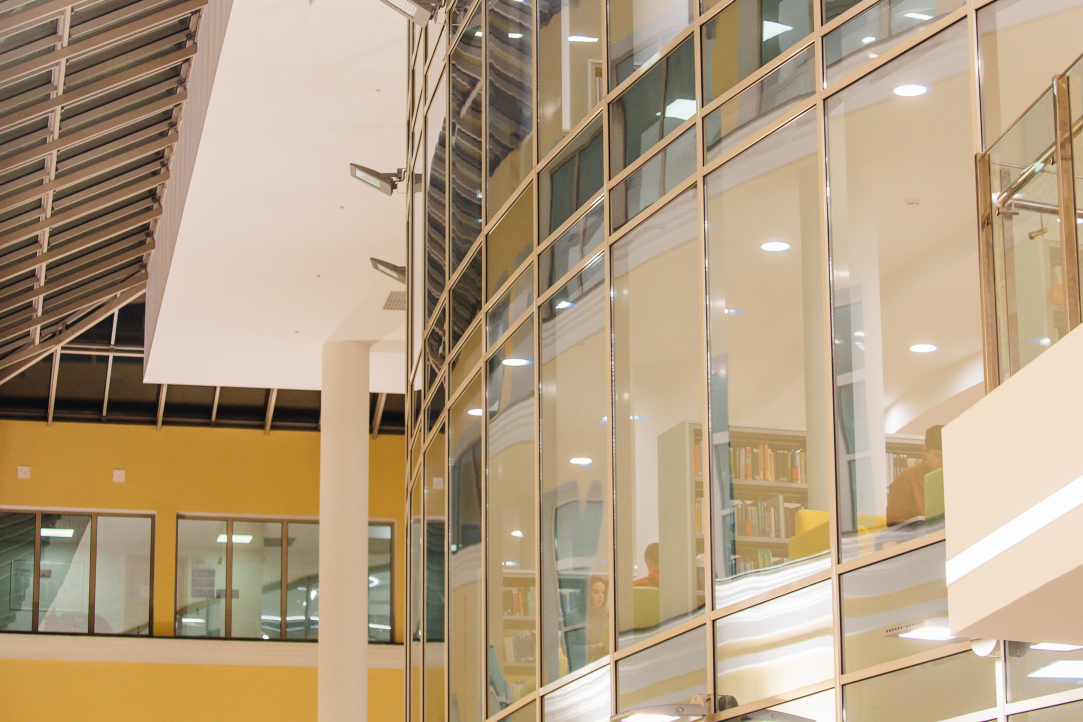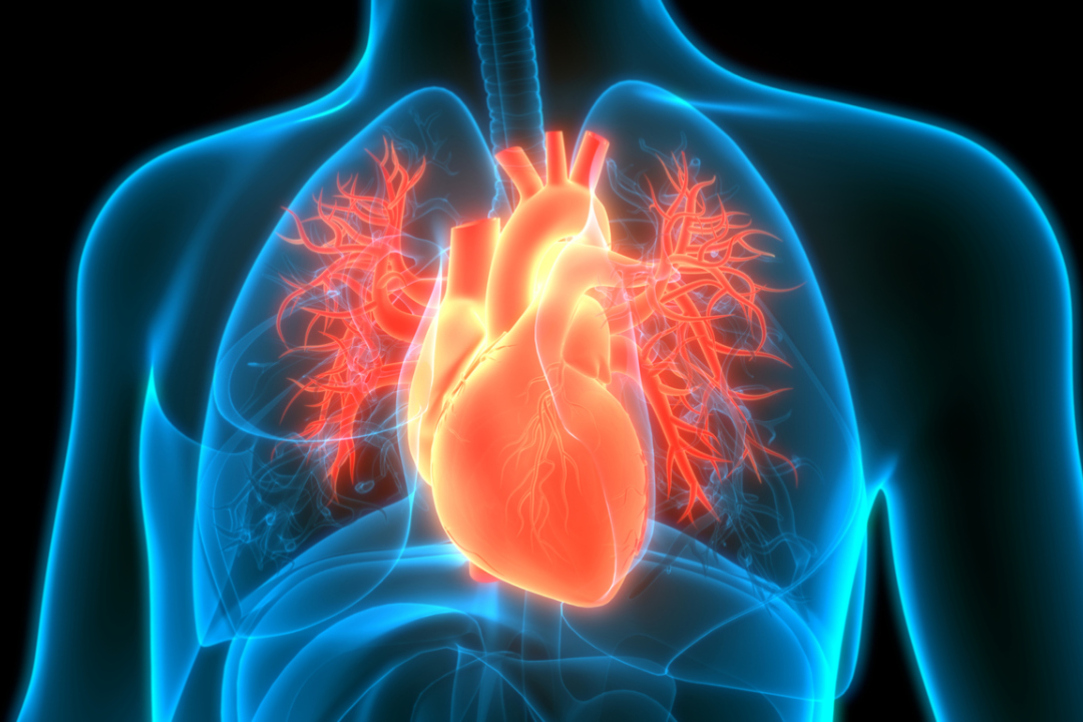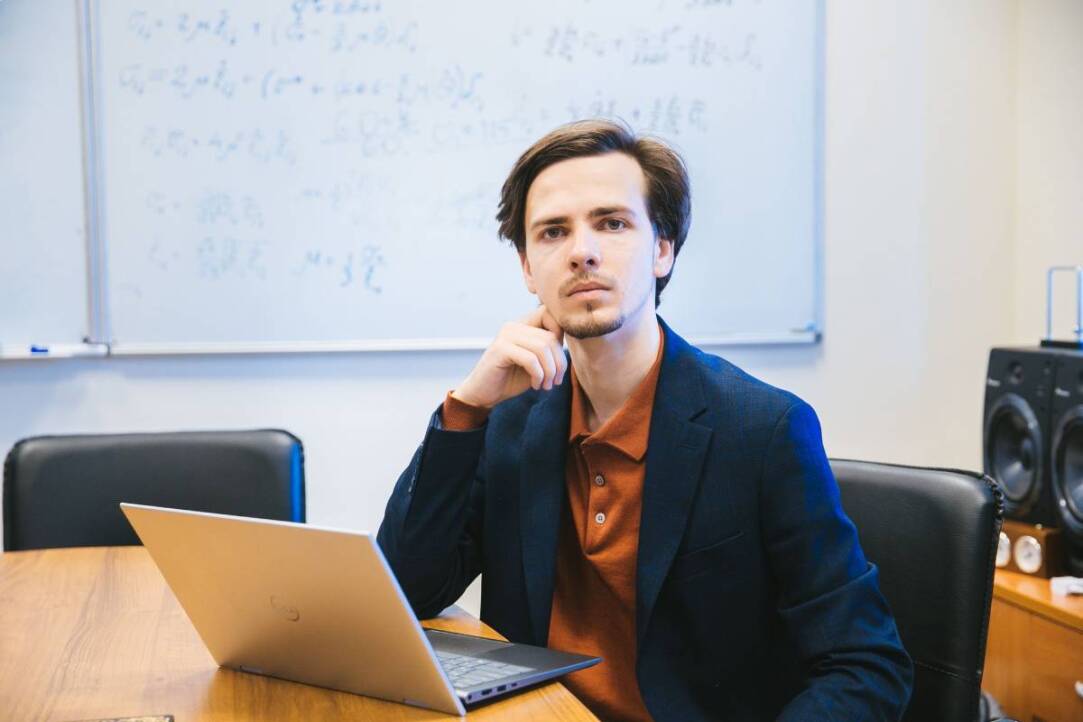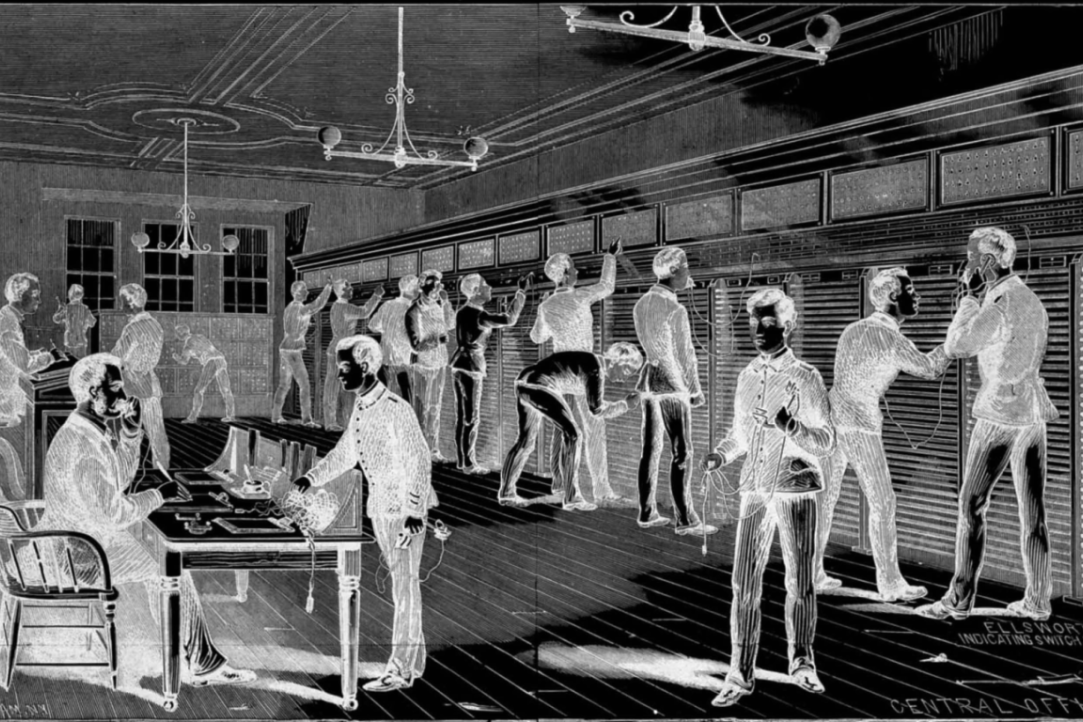.jpg)
‘My Research Has Evolved into A Broader and More Encompassing Vision’
Seungmin Jin, from South Korea, is researching the field of Explainable AI and planning to defend his PhD on ‘A Visual Analytics System for Explaining and Improving Attention-Based Traffic Forecasting Models’ at HSE University this year. In September, he passed the pre-defence procedure at the HSE Faculty of Computer Science School of Data Analysis and Artificial Intelligence. In his interview for the HSE News Service, he talks about his academic path and plans for the future.

HSE University to Host ‘Fall into ML 2023’ Machine Learning Conference
Machine Learning (ML) is a field of AI that examines methods and algorithms that enable computers to learn based on experience and data and without explicit programming. With its help, AI can analyse data, recall information, build forecasts, and give recommendations. Machine learning algorithms have applications in medicine, stock trading, robotics, drone control and other fields.

HSE University and Its Partners Will Create a Portfolio of Cardiodiagnostic Products
The strategic session ‘Development of Cardiodiagnostic Products: From Sequencing to Medical Practice’ was recently held at HSE University. The event focused on identifying the market requirements for technology and products developed in the field of genetic testing for cardiovascular diseases.

Machines with Common Sense
'Intelligence is ten million rules,' said Douglas Lenat, one of the creators of artificial intelligence (AI). For nearly four decades, he worked to instil 'common sense' in computers, painstakingly describing hundreds of thousands of concepts and millions of relationships between them.
.jpeg)
Mikhail Zadornov on the Russian Economy: ‘It is a Completely Different Picture’
The Russian economy has suffered due to sanctions, but has also adapted and begun to grow, compensating for last year’s losses. Mikhail Zadornov, Russia’s former Minister of Finance and member of HSE University’s Supervisory Council, spoke to students of HSE University’s International College of Economics and Finance (ICEF) about the economic situation in the country and the development of the financial sector in the new environment. The event was moderated by HSE University President and Head of the Russian Union of Industrialists and Entrepreneurs (RSPP) Alexander Shokhin. The lecture was the continuation of a series of meetings among well-known Russian practical economists and entrepreneurs and ICEF students.

Scientists Have Developed a Model of Malignant Prostate Tumour and Used It to Test Drug Efficacy
Researchers from HSE University and the Russian Ministry of Health National Medical Research Radiological Centre have successfully generated a three-dimensional laboratory model of prostate cancer and used the model for testing an anti-tumour drug. In the future, this approach has the potential to significantly enhance the efficacy of cancer treatment for patients. The study’s findings have been published in Cancer Urology.

The Brain Is a Network of Networks. Scientists Have Found a Way to Unravel Them
A team of researchers from HSE University and the Artificial Intelligence Research Institute (AIRI) have demonstrated the effectiveness of the PSIICOS method they had previously developed for non-invasive mapping the neural networks in the brain based on its electrical activity. Unlike other methods, it does not search for individual neuronal sources to be then combined into networks but instead looks directly for the functional networks of interconnected neuronal populations—and does so swiftly and accurately. The study findings have been published in NeuroImage.

Artificial Feelings: How AI and Robots Understand, Express and Experience Emotions
Today, neural networks can easily identify emotions in texts, photos and videos. The next step is modelling them—an essential component of full-fledged intelligence in people and machines alike.

‘A Night Owl and a Morning Lark Are Battling inside Me’
Vadim Mykolaenko is able to stay up working until late at night and then go for a run at seven in the morning—he gets so much energy from his life as a young HSE University scientist. In this interview with the Young Scientists project, Mr. Mykolaenko spoke about his subject area, his attitude to grades, and his love for music and cycling.

How the Telephone Conquered the World. Episode Four: David the Start-up Versus the Corporate Goliath
The history of the invention of telephony reads like a captivating detective novel, but even more intriguing are the events that contributed to the worldwide adoption of this technology. In this series of columns on IQ.HSE, Anton Basov, HSE Faculty of Computer Science editor, discusses how telephones have become an integral part of our everyday life. The fourth episode of the series recounts the story of the fledgling start-up's confrontation with hordes of patent trolls and its subsequent victory in a full-blown corporate war against the largest telecommunications company of the late 19th century.


Application deadline: June 23, 2025